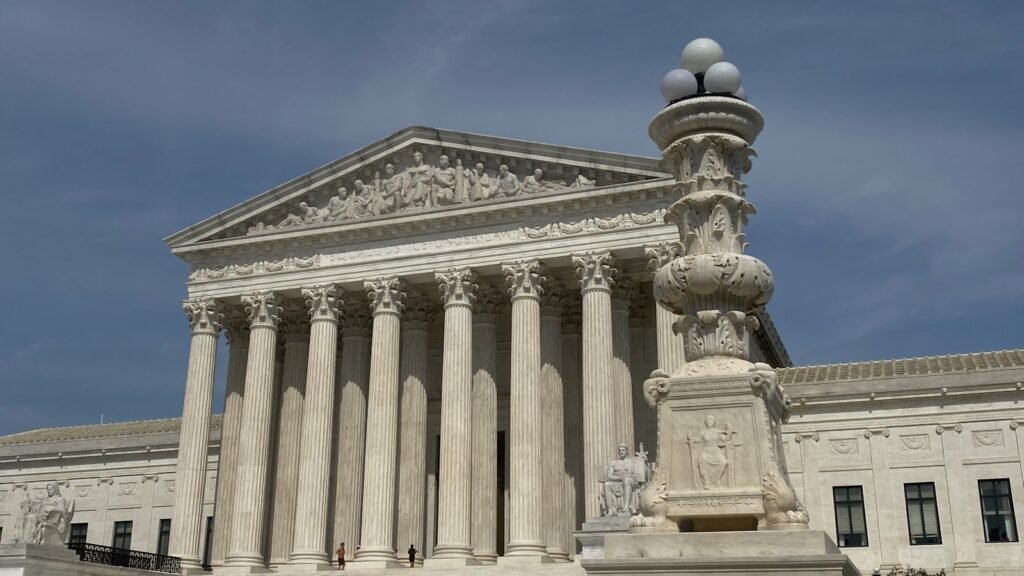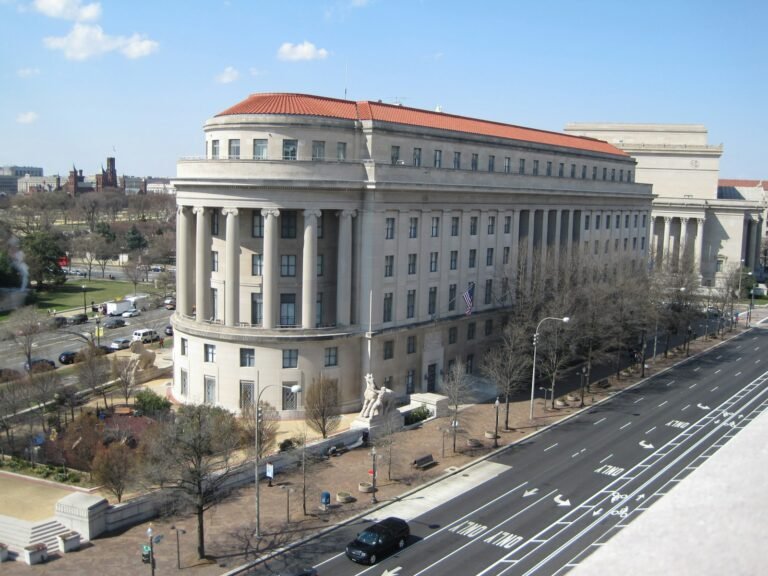
Baltimore, MD – May 28, 2025 — Maryland Attorney General Anthony G. Brown has joined a coalition of 20 state attorneys general in filing an amicus brief in the U.S. Court of Appeals for the Ninth Circuit, opposing the Trump Administration’s controversial Executive Order 14163. The brief supports the plaintiffs in Pacito v. Trump and urges the court to uphold lower court rulings that blocked the order from taking effect.
The executive order, signed during Donald Trump’s presidency, suspended the entry of refugees through the U.S. Refugee Assistance Program (USRAP) indefinitely. It also terminated federal funding and agreements with refugee resettlement agencies, effectively crippling the infrastructure that supports refugee integration across the country.
“An Unlawful Attack on Families”
Attorney General Brown described the executive order as an “unlawful attack” on refugees who are already vital members of Maryland’s communities.
“Refugees who live in Maryland don’t just contribute significantly to our economy – as our neighbors, coworkers, and friends, they are essential parts of the fabric of our communities across our State,” said Brown. “We will do whatever we can to fight this unlawful attack on Maryland families who just want to live in peace and safety as they rebuild their lives in their new home.”
“Congress created USRAP to ensure that individuals, who are legally admitted to our country, authorized to work, and have undergone rigorous vetting, would have the support and technical assistance to navigate state agencies and access services as they seek to integrate into our society,” said Massachusetts Attorney General Andrea Joy Campbell. “Refugees have, in many ways, contributed meaningfully to our states, including providing billions of dollars more to the federal government, state and local governments than they receive in services. The lower courts were correct in finding the President’s Order unlawful, and the Appeals Court should uphold that ruling.”
“Our country was founded by people fleeing persecution or in search of a better life,” said New York Attorney General James. “Now, this administration is attempting to slam that door shut, abandoning our values and putting countless lives at risk. States like New York are prepared and proud to welcome refugees into our communities, and we are urging the court to uphold the foundational values of our nation and protect this critical program.”
Legal Arguments Against Executive Order 14163
The coalition argues that the order is legally invalid on multiple grounds:
Violation of the Immigration and Nationality Act (INA): The INA requires that any suspension of entry be based on a determination that the targeted group is detrimental to the national interest. The executive order, however, made no such findings regarding USRAP refugees, who are legally admitted and rigorously vetted.
Undermining Congressional Intent: By eliminating funding for resettlement agencies, the order hinders their statutory responsibilities to provide for basic needs such as housing, food, and employment services. The attorneys general assert that this undermines Congress’s intent to promote economic self-sufficiency for refugees.
Economic Misrepresentation: The brief also disputes the claim that refugees are a burden. Instead, it highlights that refugees contributed $124 billion more to the federal government and $92.3 billion more to state and local governments between 2005 and 2019 than they used in public services.
The attorneys general argue that halting refugee resettlement harms public interests, particularly in states that have made conscious policy decisions to welcome and integrate refugees.
The brief asks the Ninth Circuit Court to uphold two preliminary injunctions previously issued by lower courts, which blocked enforcement of the order. If lifted, the order could have devastating impacts on existing refugee communities and resettlement programs nationwide.
“Washington has a long history of welcoming refugees and won’t be dissuaded by the president’s illegal executive order,” Washington State Attorney General Nick Brown said. “We’re proud to file this amicus brief in support of those in need. Every community is made stronger by their presence.”
“Our country has a long history of welcoming refugees into our communities who go on to make many significant contributions to our states,” Illinois Attorney General Kwame Raoul said. “These individuals bring skills and vibrant cultures that benefit our economy. I will continue to stand with my fellow attorneys general to protect refugees who come to Illinois and other states in search of safety and prosperity.”
In addition to Maryland, the amicus brief was filed by attorneys general from Massachusetts, Washington, Arizona, California, Colorado, Connecticut, Delaware, Hawaii, Illinois, Maine, Michigan, Minnesota, Nevada, New Jersey, New York, Oregon, Rhode Island, Vermont, and Wisconsin.
The case is being closely watched for its implications on presidential authority over immigration policy and the continued role of states in shaping the future of refugee resettlement in the U.S.


